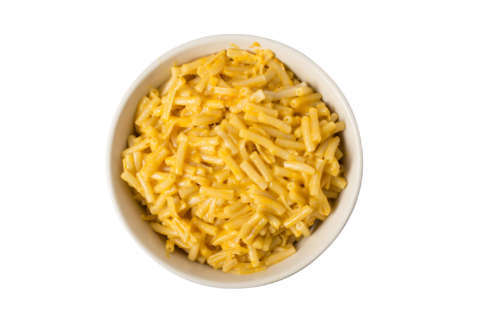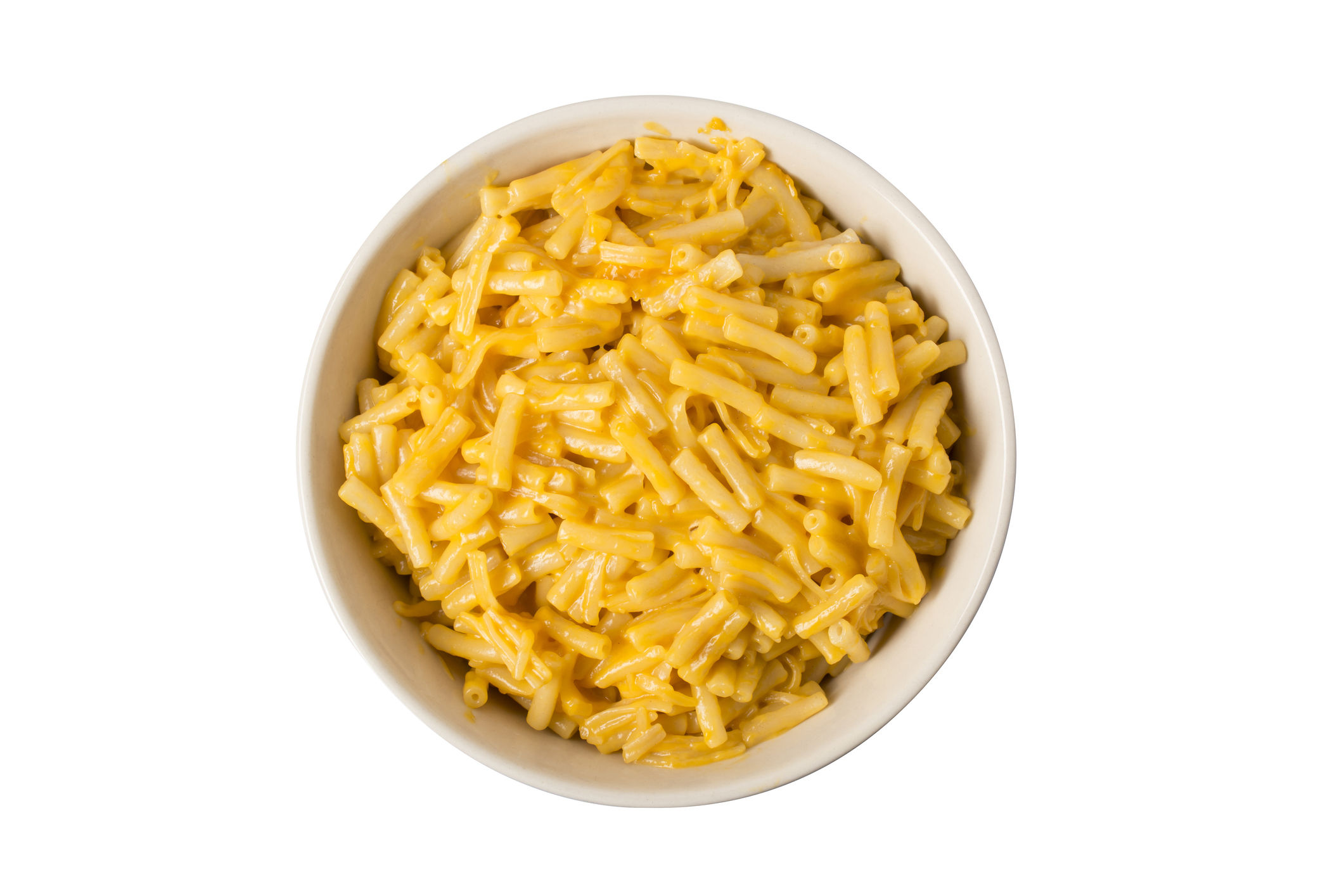
Heads up, macaroni and cheese fans — and parents of those fans: You may want to think about how much macaroni and cheese you and your family are eating.
A new advocacy organization-backed report has found that controversial chemicals still exist in nearly 30 cheese products, including nine from Kraft.
These chemicals — phthalates, found in plastics, adhesives, sealants and more — have been associated with birth defects in infant boys, not to mention learning and behavior problems for older kids, The New York Times reports. There’s also evidence out there that phthalates stop testosterone production. They aren’t added to food on purpose, but can reach food through food processing equipment during manufacturing, printed labels or plastic materials found in food packaging.
Look no further than mac and cheese powder mixes to find the highest phthalate concentrations. Kraft had not yet responded to requests from The New York Times for comment on the report.
“The phthalate concentrations in powder from mac and cheese mixes were more than four times higher than in block cheese and other natural cheeses like shredded cheese, string cheese and cottage cheese,” Mike Belliveau, executive director of the Environmental Health Strategy Center, told The New York Times. This organization was among those that funded the report.
Out of the 30 cheese products studied — including processed cheese slices and other block and natural cheeses — the organizations analyzed 10 different mac and cheese varieties, all of which had high phthalate levels — even the organic ones.
This report comes on the heels of more research linking phthalates to adverse health risks. An Australian study of 1,500 men found that these everyday chemicals were associated with chronic disease. The chemicals lurked in 99.6 percent of their urine samples.
“While we still don’t understand the exact reasons why phthalates are independently linked to disease, we do know the chemicals’ impact on the human endocrine system, which controls hormone release that regulate the body’s growth, metabolism and sexual development and function,” study author Zumin Shi of the University of Adelaide’s Adelaide Medical School said in a statement.
The Food and Drug Administration hasn’t banned phthalates for consumption, but The New York Times points to a Consumer Product Safety Commission report from 2014 that wanted federal agencies to consider risks “with a view to supporting risk management steps.”
6 Ways to Train Your Brain for Healthy Eating
6 Healthy Foods Worth Splurging On
More from U.S. News
What 10 Nutritionists Learned About Cooking From Their Moms
6 Ways to Train Your Brain for Healthy Eating
6 Healthy Foods Worth Splurging On
Report: Controversial Chemicals Found in Macaroni and Cheese Products originally appeared on usnews.com








